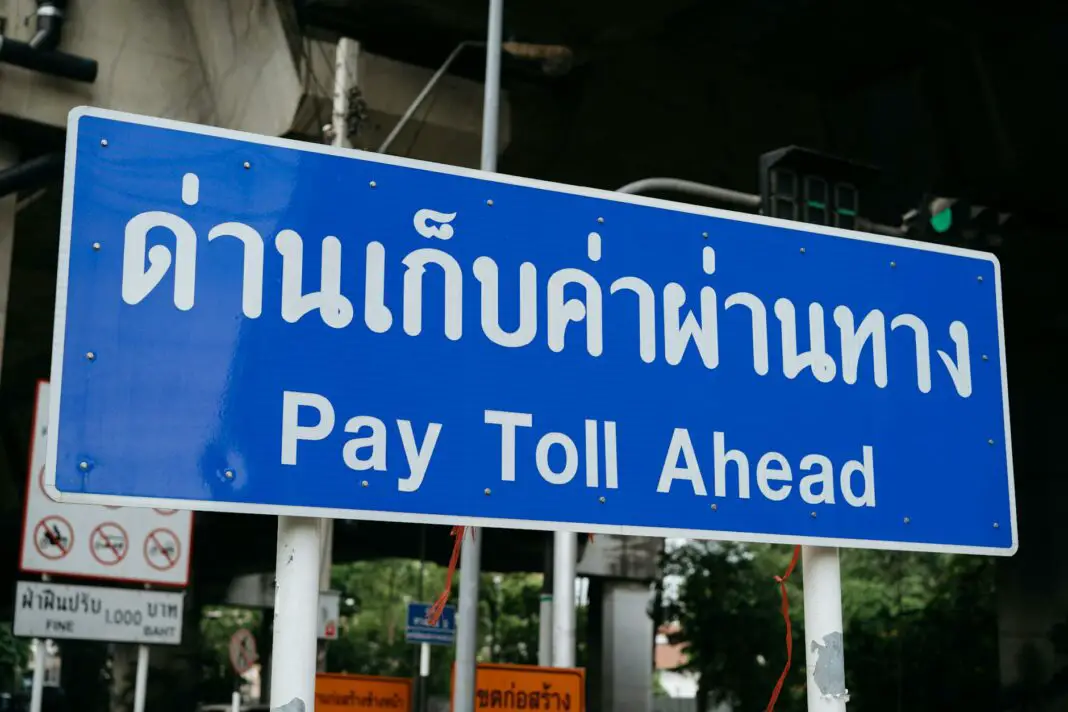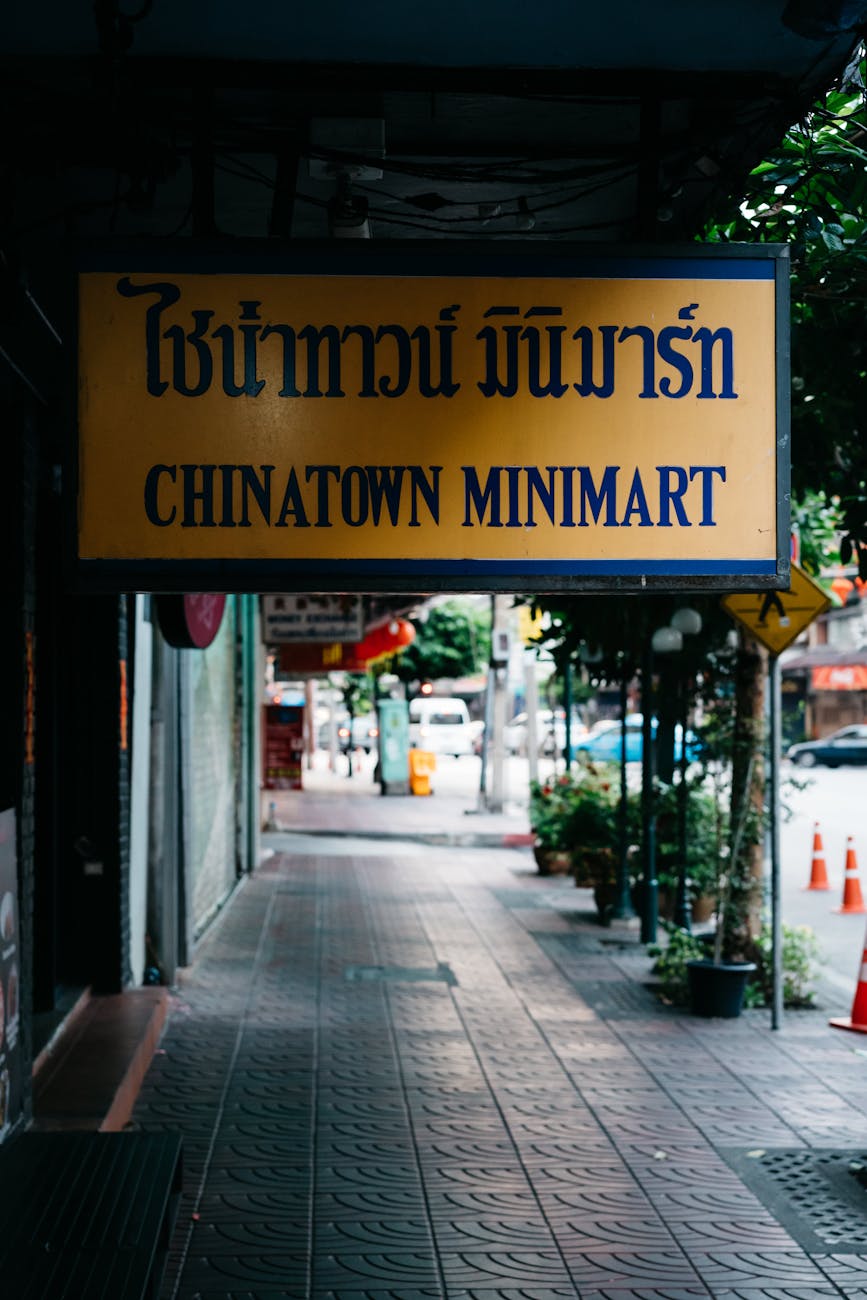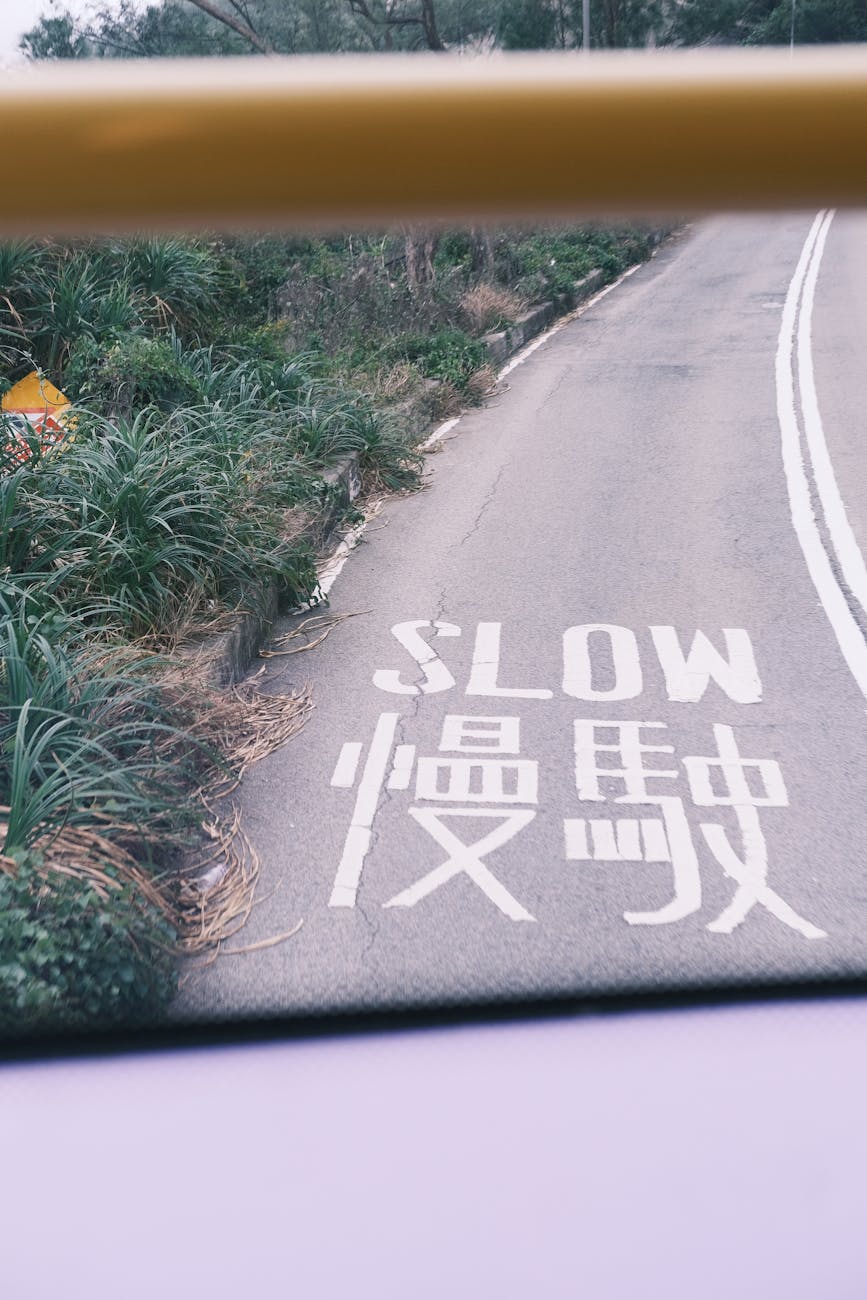Embarking on a trip to Thailand is not just about picturesque beaches, vibrant markets, and delectable street food. It’s an adventure filled with cultural richness, scenic beauty, and unforgettable experiences. One common concern travelers have is about the language barrier in Thailand. However, the truth is far more uplifting than many might assume. This blog post will delve into the nuances of communicating in Thailand, revealing that the language barrier is often easier to navigate than you might think. From useful phrases to tips for effective communication, we will explore how to make your journey enjoyable and stress-free.
As you read on, prepare yourself for invaluable insights and practical advice that will empower you throughout your travels. By uncovering the ease of conversing with locals, along with some handy tips and tricks, this post aims to enhance your understanding and appreciation of Thailand, making your trip a smooth sailing affair. Join us as we turn the spotlight on language, culture, and communication in Thailand, ensuring you’re well-equipped for an exhilarating experience in this enchanting kingdom.
Table of Contents
- Understanding Thailand’s Language Landscape
- Essential Thai Phrases for Travelers
- Breaking the Ice: Non-Verbal Communication
- Embracing the Local Culture in Conversations
- Real-Life Experiences to Improve Communication
- Why You Shouldn’t Fear the Language Barrier
- Frequently Asked Questions
Understanding Thailand’s Language Landscape
Thailand is renowned for its rich cultural diversity and heritage, and the language plays a crucial role in its identity. The official language, Thai, can be quite different from English, presenting a perceived barrier for many travelers. Nonetheless, what might initially seem overwhelming is actually rather accessible. Thai is a tonal language, meaning that the pitch of your pronunciation can change the meaning of words. Despite this complexity, basic communication becomes possible with minimal effort and a positive attitude. Many Thais working in tourism and hospitality speak English, creating a helpful bridge between cultures. Understanding this linguistic landscape allows travelers to engage more confidently with locals, effectively breaking down barriers and fostering authentic connections.
Moreover, language isn’t solely about words; it’s imbued with culture and emotions. Thai people are known for their warmth and friendliness, often going out of their way to help visitors. This cultural trait significantly eases the communication process, as gestures and goodwill can compensate for any linguistic differences. By approaching conversations with an open mind and a willingness to learn, travelers will find themselves welcomed into the local community, making for an enriching travel experience in Thailand.
Essential Thai Phrases for Travelers
Equipping yourself with a few handy phrases before your trip can make a world of difference during your travels in Thailand. Simple expressions can dramatically enhance your interactions and foster goodwill among locals. Words and phrases like “Sawasdee” (hello), “Khob khun” (thank you), and “Tao rai?” (how much?) are frequent in daily conversations and can facilitate smoother transactions and interactions. Additionally, it might be helpful to learn some polite expressions, as Thais often appreciate gestures of respect when coming into contact with visitors.
Beyond mere words, intonation is essential in Thai communication, as it directly influences the message conveyed. Spending a few minutes practicing pronunciation can take you a long way in establishing rapport with local people. Language apps and phrasebooks can also help you grasp essential conversational skills while traveling. These tools empower you to navigate everyday situations and enhance your overall experience. By arming yourself with just a few basic phrases, you unlock the potential for meaningful exchanges, transforming your vacation into a more immersive and enjoyable journey.
Breaking the Ice: Non-Verbal Communication
When faced with a language barrier, non-verbal communication is an invaluable tool that can break the ice and express feelings beyond words. Thais are profoundly skilled in reading body language and expressions, allowing for a rich communication experience even without a shared language. Gestures, eye contact, smiling, and even simple nods can convey messages, foster understanding, and reduce potential misunderstandings.
Moreover, a warm smile is universal and can bridge gaps more effectively than spoken words. Thais often value friendliness and positivity in communication, so presenting yourself with enthusiasm can significantly enhance your interactions. Engaging in non-verbal cues will allow you to connect with locals and create memorable moments in your travels. Whether you’re at a market, restaurant, or exploring a temple, non-verbal communication can help you navigate any situation with ease and grace. Your confidence in utilizing body language can uplift your experience immensely, as it fosters authentic connections regardless of linguistic disparities.
Embracing the Local Culture in Conversations
Understanding and appreciating local culture can work wonders in enhancing communication with the people of Thailand. Delving into cultural norms, practices, and etiquette can pave the way for engaging conversations and foster a sense of belonging. Thais place importance on hierarchy, respect, and politeness during interactions. Learning about the concept of “Wai,” a traditional Thai greeting involving a gesture of hands in a prayer-like position, can elevate your conversations and showcase your respect for their customs.
By embracing these cultural elements, you create an engaging dialogue with locals, building meaningful connections that further enrich your travel experience. Additionally, expressing curiosity about Thai culture, food, and local traditions will often evoke warm responses from locals, inviting you deeper into their way of life. Such openness will smoothen any communication barriers and enable you to experience Thailand authentically. A genuine interest in Thai culture not only enhances your conversations but also contributes to your overall appreciation of this captivating destination.
Real-Life Experiences to Improve Communication
Real-life experiences can significantly illuminate the ways in which effective communication thrives in Thailand. Picture yourself at a bustling night market, where vendors enthusiastically interact with customers, mixing Thai and English fluently. Observing these exchanges showcases how language barriers can be transformed into moments of joy and laughter. Vendors might not always have perfect English, yet a simple smile and open body language can make even a basic interaction enjoyable and memorable.
Another instance is striking up conversations with locals who often appreciate tourists attempting to speak Thai, even if only a few words. Whether it’s asking for directions or discussing menu items at a restaurant, the abruptness of a language barrier can dissolve into delightful exchanges filled with laughter and camaraderie. Such encounters teach travelers that, regardless of linguistic challenges, meaningful connections can easily emerge from sincerity, enthusiasm, and respect. So, navigate your journey with confidence, knowing that many locals are more than willing to help, transforming the entire experience into something unforgettable and culturally enriching.
Why You Shouldn’t Fear the Language Barrier
Encounters with the language barrier in Thailand often provoke anxiety for potential travelers. However, this concern is unfounded. Most importantly, embracing this situation can lead to enriching experiences that transcend mere verbal communication. As mentioned, non-verbal cues, essential phrases, and a genuine interest in Thai culture can facilitate most interactions. Often, it is the connection you foster with locals that truly defines your travels, far beyond language proficiency.
Undoubtedly, the magic of travel lies not in the ability to speak fluently, but in the willingness to connect, learn, and experience new cultures with an open heart. Thailand welcomes those who venture beyond the confines of words, embracing the warm smiles and friendly gestures that foster a sense of belonging. As you adventure through this beautiful country, let go of any trepidation regarding language; you may just find that the connections you forge are richer than any conversation can convey. With open arms and a ready spirit, prepare to embark on an unforgettable journey in Thailand.
Frequently Asked Questions
- Is English widely spoken in Thailand? Yes, especially in tourist areas, hotels, and restaurants. Many locals working in these sectors have a good grasp of English.
- What are some useful Thai phrases for travelers? Phrases like “Sawasdee” (hello), “Khob khun” (thank you), and “Tao rai?” (how much?) can go a long way in daily interactions.
- Can I communicate effectively without knowing Thai? Absolutely! Utilizing gestures, smiles, and a few basic phrases can make communication smooth and enjoyable.
- Do Thais appreciate it when foreigners attempt to speak Thai? Yes, they often appreciate even the smallest effort, and it can go a long way in establishing a connection.
Image Credit: Pexels





